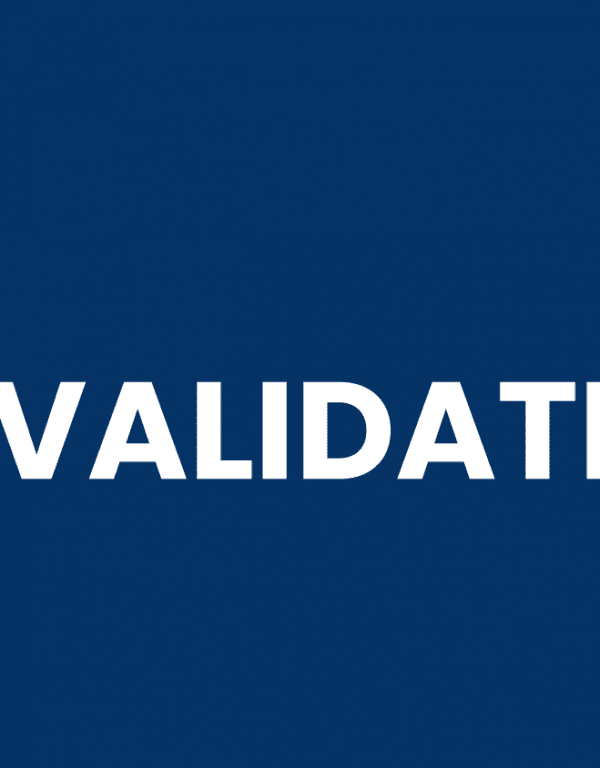
The FTC is mandating an important change for bloggers. Starting Dec. 1, bloggers will have to disclose if they received free products or payment or other considerations from advertisers. The FTC will also be looking at celebrities plugging products or services on talk shows and on social media platforms like Twitter.
There are some who don’t like the rule change. Their arguement is that giving free product to a blogger doesn’t mean you control what the blogger posts (as is the case with advertising or paying a spokesperson).
That’s certainly a valid point: you can’t control what bloggers will post. Just as you can’t control what a reporter will say.
However, I think it’s a good idea for bloggers to disclose their policies. Walt Mossberg of the Wall St. Journal does. I think it be helpful for readers to understand the nature of the relationship.
That’s been a recent issue with New York Times’ David Pogue, who in addition to his weekly column, also writes books and lectures on the side about some of the same topics/items he reviews.
I think companies should be able to distribute free copies to enable reporters, reviewers and bloggers to review their software. But I also think it a good idea for them to disclose that they’ve gotten these products for free — and what they do afterwards. Credibility (or transparency) is important, and this will help everyone involved.
For example, Mossberg discloses that he deletes software he hasn’t paid for or pays for it if he wants to keep it. Either way, at the level of a Mossberg or Pogue, free software is not going to influence how they cover a product. It shouldn’t for bloggers, either. Now as consumers, we will have a better idea, too.
As marketers, we’ve told clients to be wary of bloggers who don’t disclose the receipt of free product. Again, this shoudl enhance the credibilty of what otherwise might seem like the Wild West.



